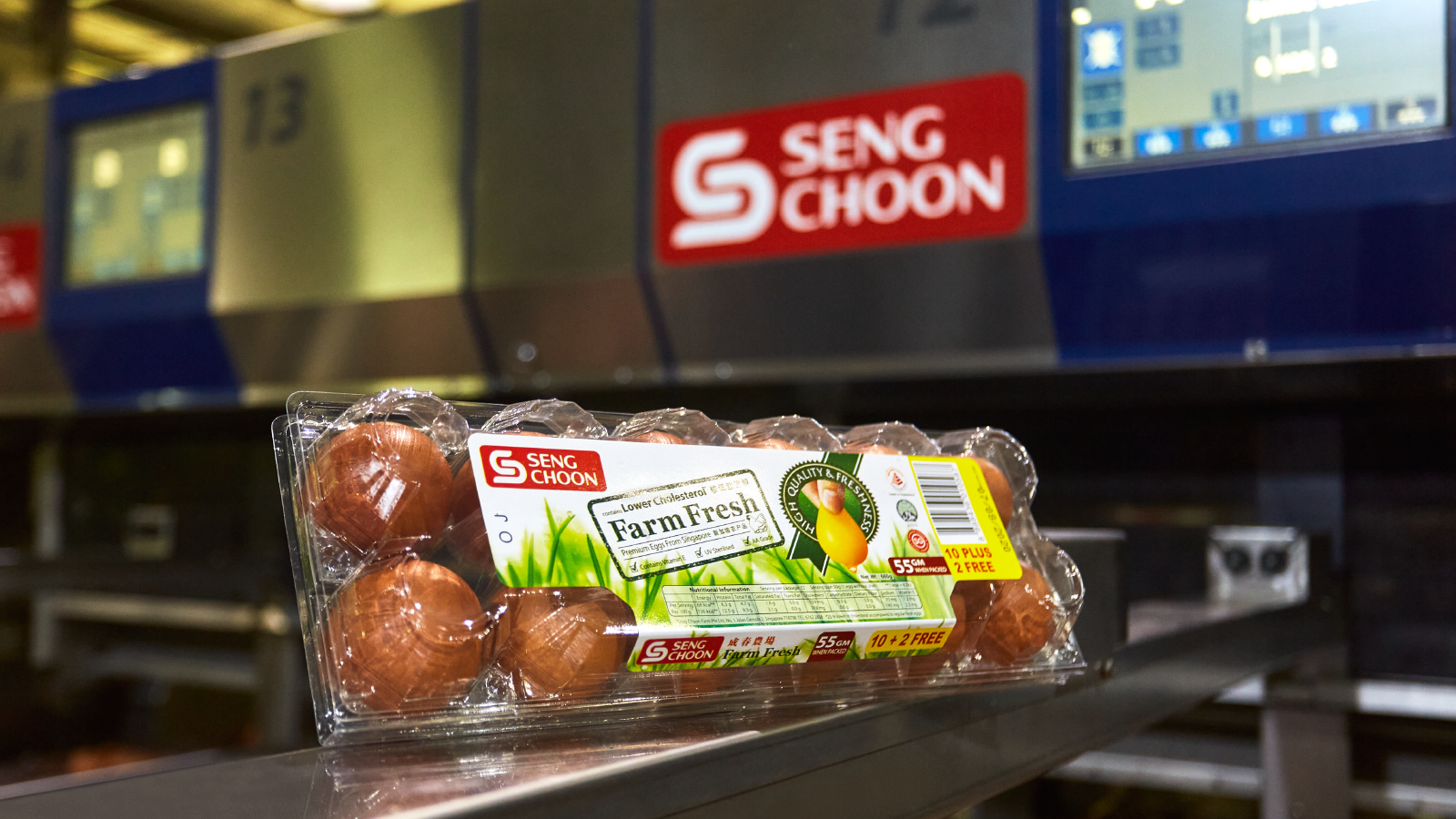Meet Mr Koh Yeow Koon
Managing Director
Seng Choon
Mr Koh Yeow Koon was still a young boy in school when his father transformed a barren piece of land into an egg farm in 1987. Over the years, Yeow Koon watched as his father built the business into one of Singapore’s most successful egg farms, a memory that continues to spur him on to this day.
As the 2nd generation owner of Seng Choon, Yeow Koon has ushered the company into the 21st century, with Seng Choon’s new farm opening its doors in 2010. The farm — which occupies the space of over 27 football fields — now produces over 625,000 eggs on a daily basis.
A farmer’s fortitude
Tradition and technology play equally important roles in Yeow Koon’s journey as a farmer.
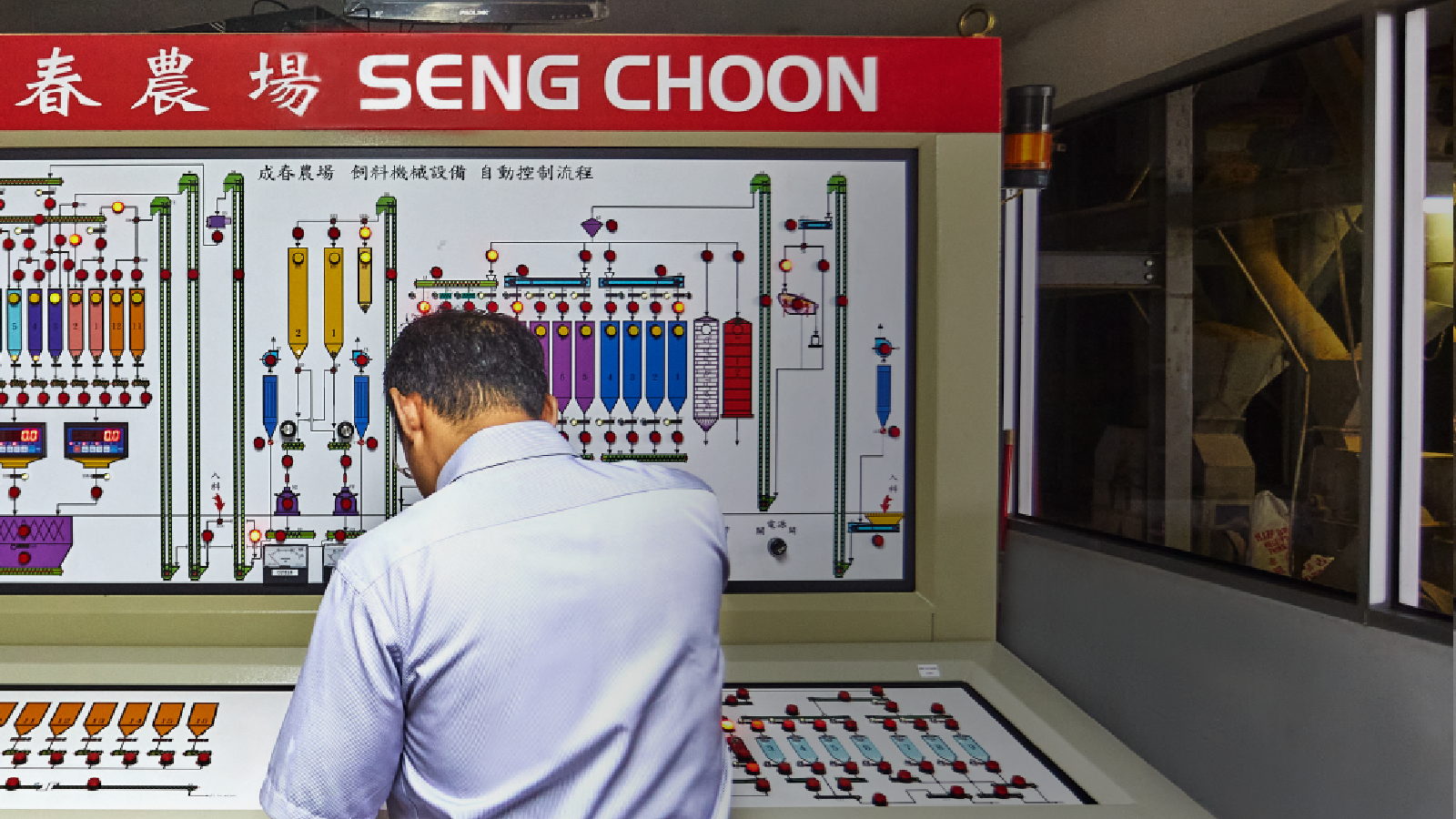
Was it difficult for your family to get into egg farming?
When my family first started out, you farmed because that was the only thing you knew. My father was already familiar with pig farming and feed milling but had to learn egg farming from scratch. While he only had a Primary 6 education, he went to America to observe the latest technology, and implemented it to lower our cost of production.
It was a radical move at that time to go into high-tech farming, instead of traditional methods.
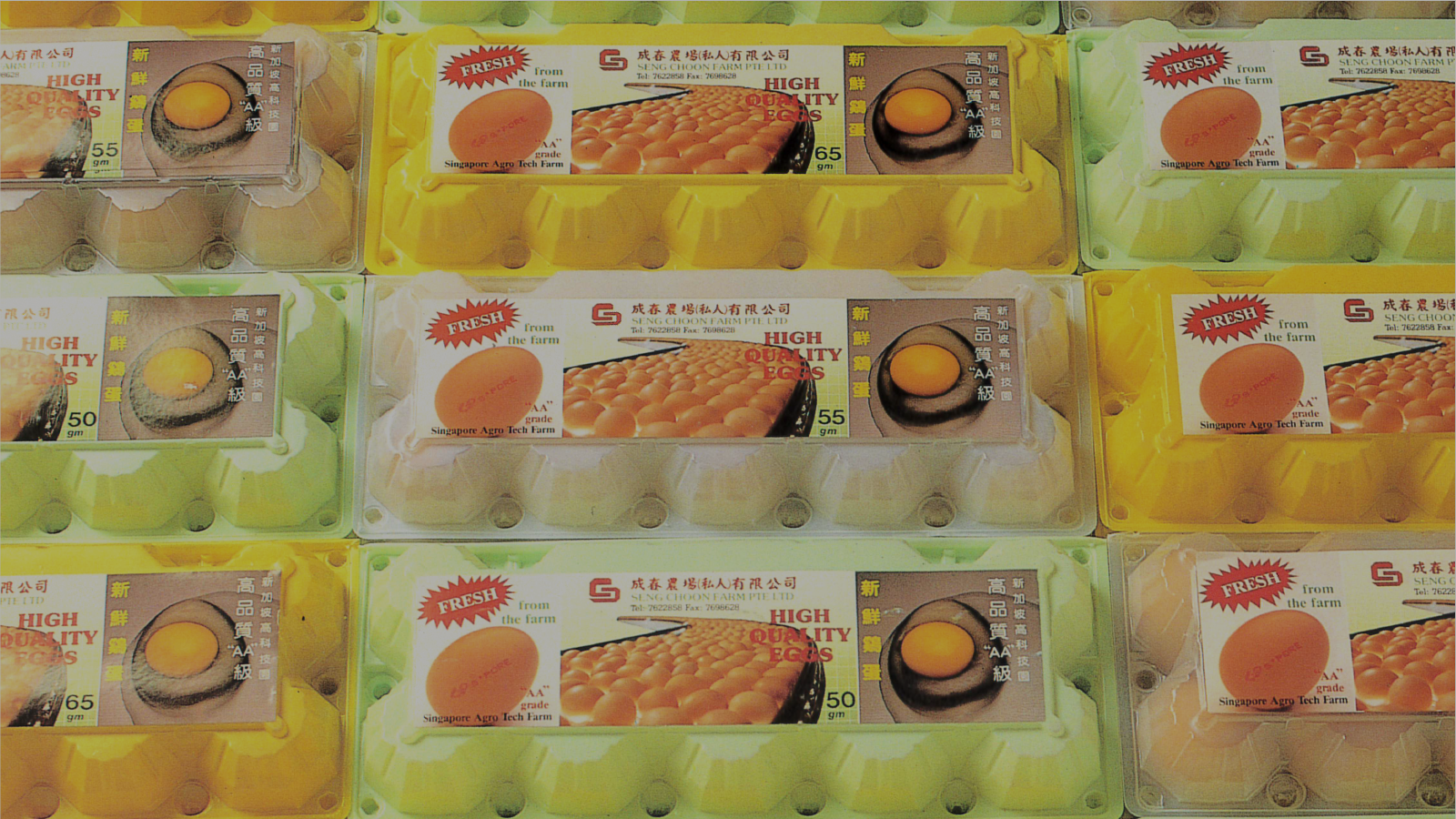
What were some of the innovations your family made?
At that time, eggs or primary produce were just considered commodity products — there was no branding or value-added marketing being done. My father was one of the first farmers here to put a brand on eggs, which he saw being done overseas. This included promotions and advertisements to advocate the benefit of consuming farm fresh eggs.
Because he believed in having more control over the freshness of the eggs, he also sold directly to retailers and consumers, instead of through wholesalers.
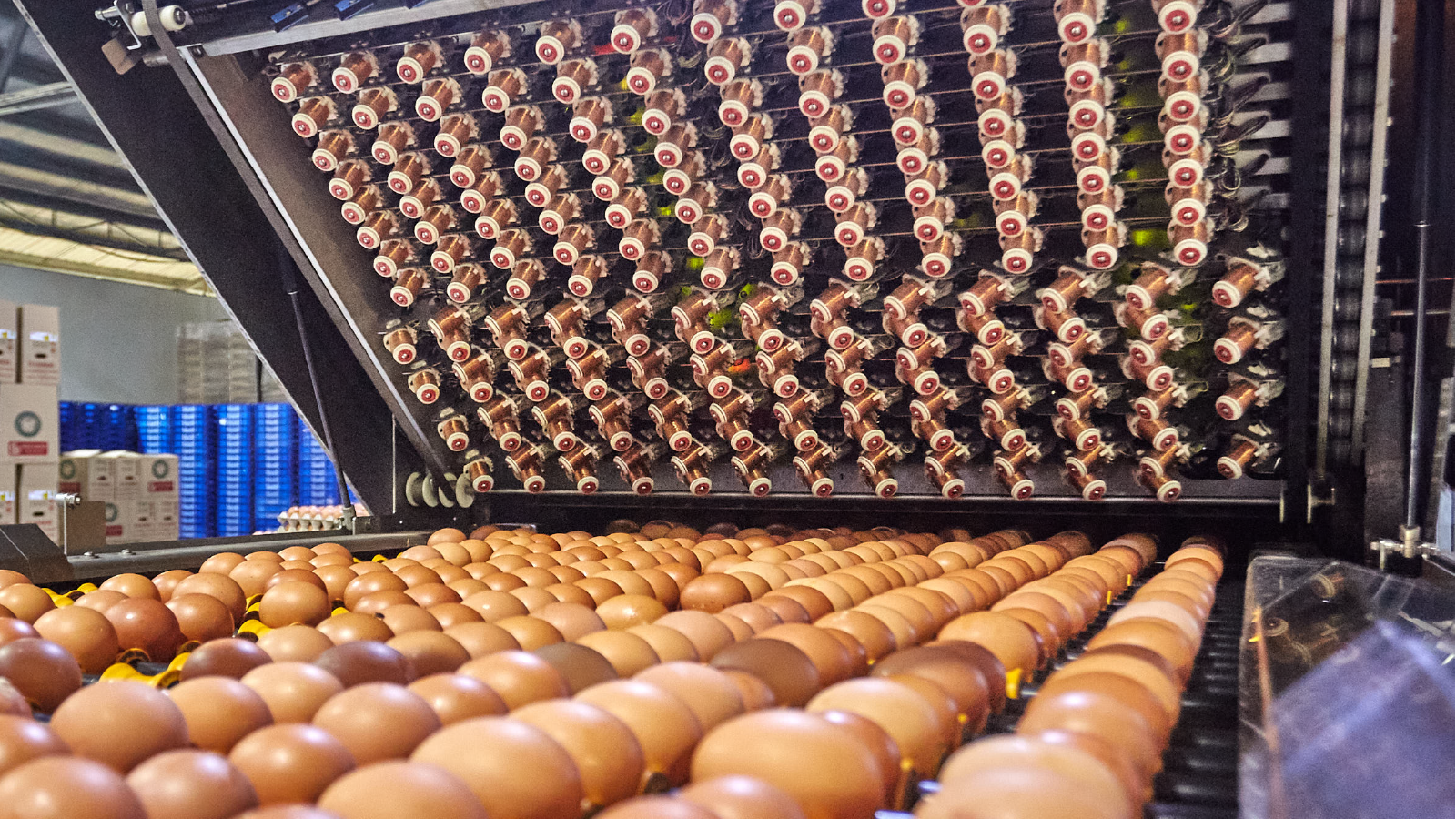
What challenges did you face when you took over the farm?
We had to take on new technology like computer scanning for quality control. New technologies always carry a risk, because you’re not sure if it’ll work in your market. Given the circumstances back in 2008, we had to make sure the business evolved.
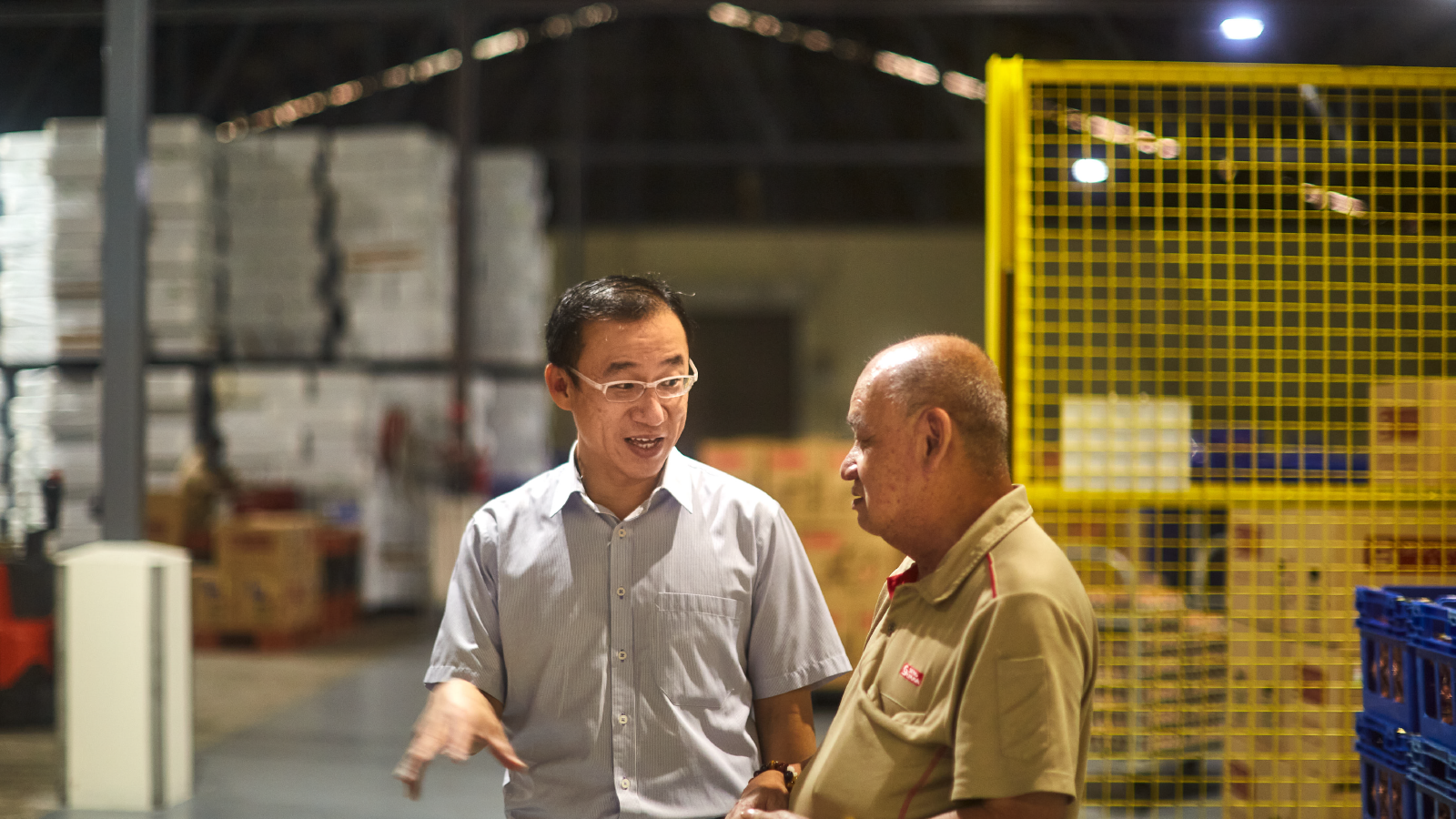
What has made you persevere through the challenges?
-Laughs- Well, once you’re already in the business, you’re stuck! Honestly, back in 2008 we were at a crossroads, since our lease on the old farm had expired... but I grew up with the brand, and no owner wants to give up.
Our staff have been with us for a very long time — some for twenty years — and it’s like a big family, so of course you feel responsible for them.
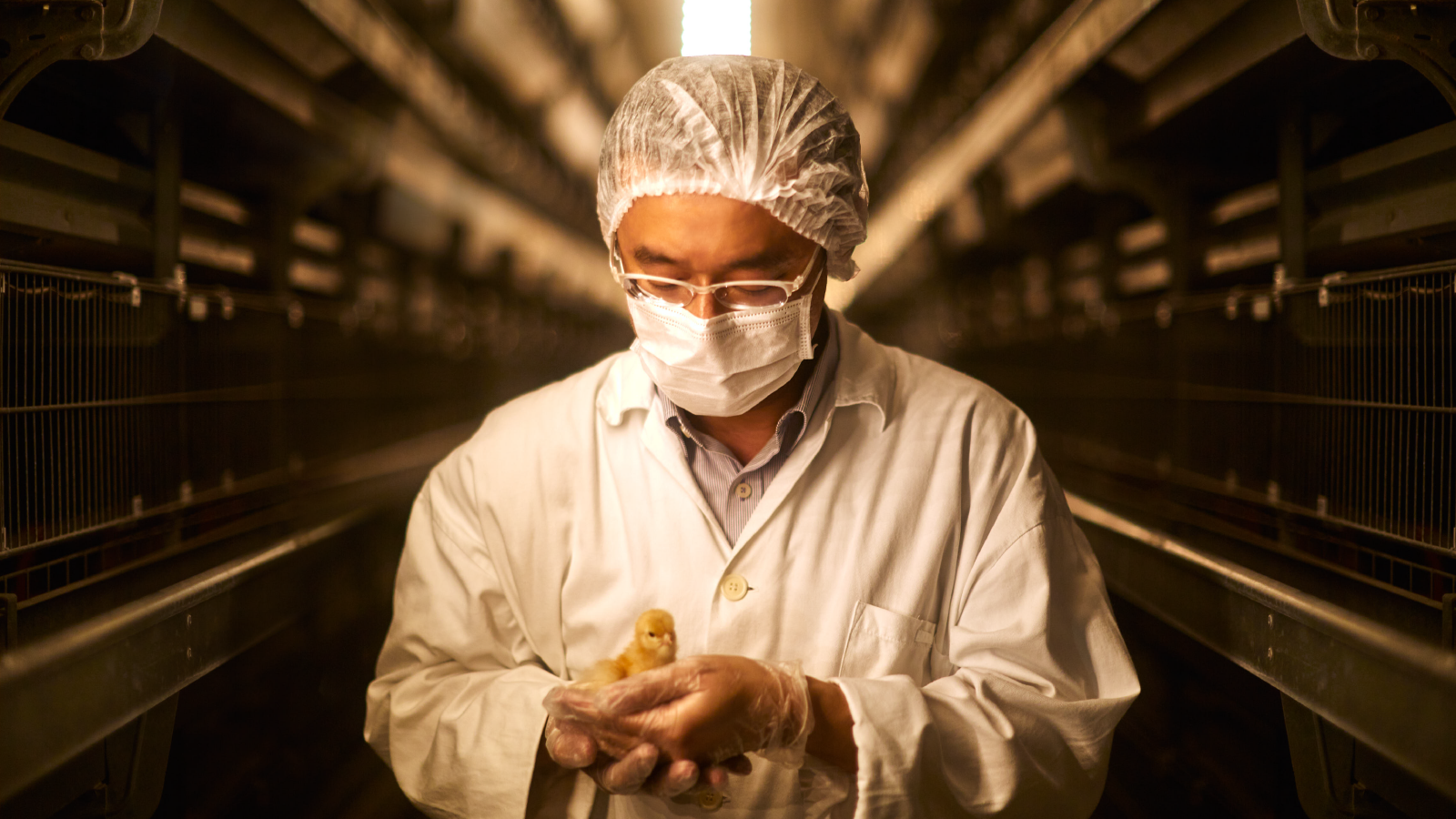
What’s the most rewarding memory you have?
To me, personally, it was the first batch of chickens that went into our new farm. It took 2-3 years to finish building the new farm. We were sitting by the roadside watching as that first batch moved in and felt a sense of accomplishment. It reminded me of being in primary school and seeing the first batch of chickens moved into the old farm.
A day in the life
“Farming is a business with many, many components,” Yeow Koon shares. “You need to know everything from life sciences to machinery.”
The Koh family divides the labour of running the farm, based on their various fields of interest and expertise. Yeow Koon’s scope of responsibilities ranges from solving day-to-day problems — like fixing the farm’s machinery — to strategic conundrums such as market competition and research into new technology from overseas.
Food for thought
Yeow Koon illuminates readers on the intricacies of egg farming.
The many facets of egg farming
While it may seem idyllic to the outsider, egg farming is a business with myriad challenges to tackle. These issues include biosecurity, the health of the chicken and the feed being used. Stressed out chickens aren’t productive, so even the temperature that they’re kept at matters.
Constant growth and evolution
Rapid change is part and parcel of being an egg farmer. While Seng Choon produces a whopping 625,000 eggs a day, Mr Koh asserts that this merely makes the business a medium-sized farm. To keep up with technology and economies of scale, the farm may have to produce millions of eggs over the coming years.
From chicks to chickens
Baby chicks have to be reared for about four-and-a-half months before they are able to lay eggs. During this period, the growing chicks require a lot of attention, including animal handling and vaccination. When fully grown, a chicken can lay about 310 eggs a year.
Add some eggs to your diet? Seng Choon’s fresh eggs can be found at all major supermarkets and minimarts across the island as well as RedMart.









